
OR
Immigrants from Nepal, Honduras sue U.S. for ending TPS, allege it was racially motivated
Published On: February 12, 2019 01:00 PM NPT By: Associated Press
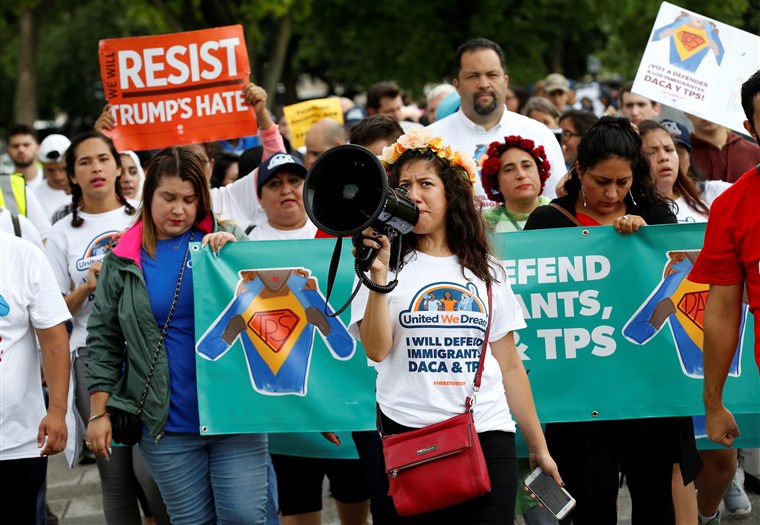
NEW YORK, Feb 12: Immigrants from Honduras and Nepal have filed a lawsuit alleging the Trump administration unfairly ended a program that lets them live and work in the United States.
The lawsuit filed late Sunday in federal court in San Francisco alleges that the U.S. Department of Homeland Security's decision to end so-called temporary protected status for the countries was motivated by racism.
The suit — which was filed on behalf of six immigrants and two of their American-born children — also alleges that the department changed how it evaluated conditions in these countries when determining whether immigrants could return there.
"We bring evidence the Trump administration has repeatedly denigrated non-white non-European immigrants and reviewed TPS designations with a goal of removing such non-white non-European immigrants from the United States," said Minju Cho, a staff attorney at Asian Americans Advancing Justice in Los Angeles.
The group is one of several representing the immigrant plaintiffs, who live California, Minnesota, Maryland, Virginia and Connecticut.
A message seeking comment was left for the Department of Homeland Security.
The lawsuit is the latest in a series of court filings challenging the Trump administration's decision to end the program for a cluster of countries whose citizens have lived and worked legally in the United States for years.
Last year, a federal judge in San Francisco temporarily blocked the U.S. government from halting the program for immigrants from El Salvador, Haiti, Nicaragua and Sudan. The suit filed on behalf of citizens of those countries, in addition to this one, cited Trump's vulgar language during a meeting last year to describe African countries.
The U.S. government grants temporary protected status, also known as TPS, to citizens of countries ravaged by natural disasters or war so they can stay and work legally in the United States until the situation improves back home.
You May Like This

Federalism: learning by doing
Issues have emerged regarding effective implementation of federalism. But there is a long way to go and these issues can... Read More...
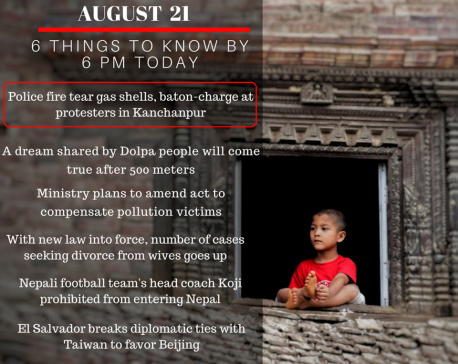
Aug 21: 6 things to know by 6 PM
Your daily dose of missed important news of the day. ... Read More...
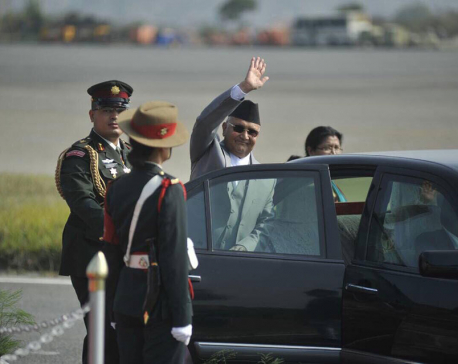
What Nepal needs is India's friendship and support for growth: Nepal PM Oli
In an exclusive interview to The Hindu, Mr. Oli says the bitterness of past relations have been put behind them,... Read More...




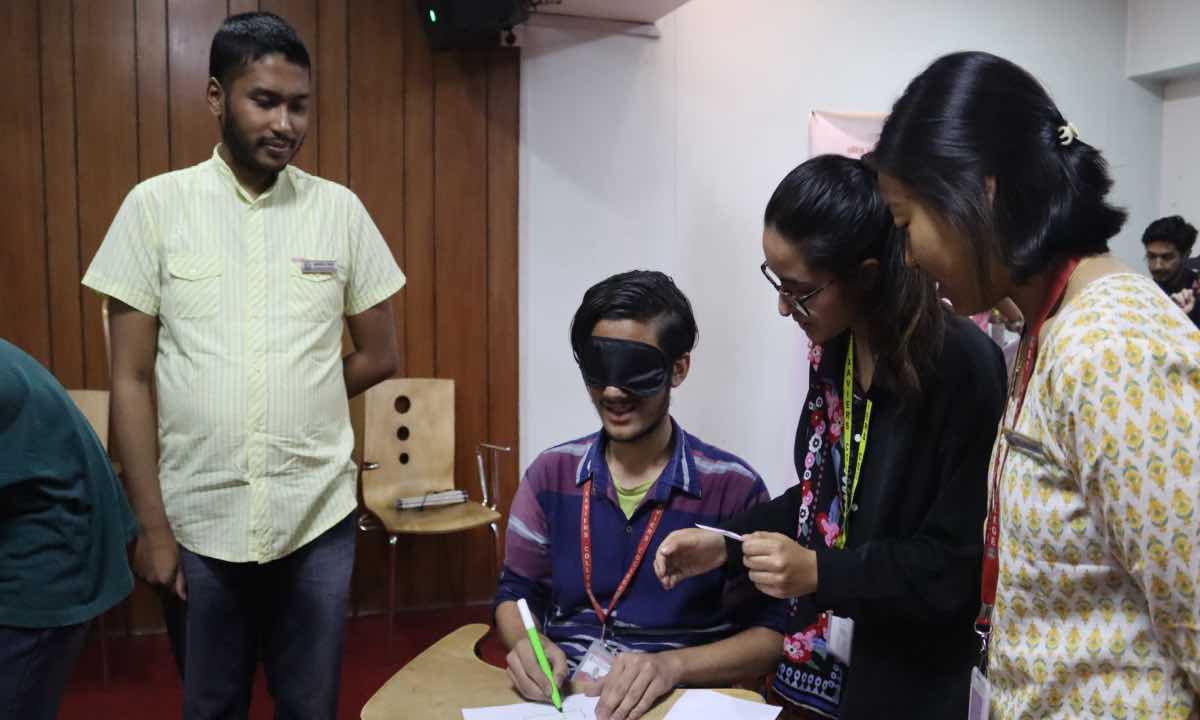

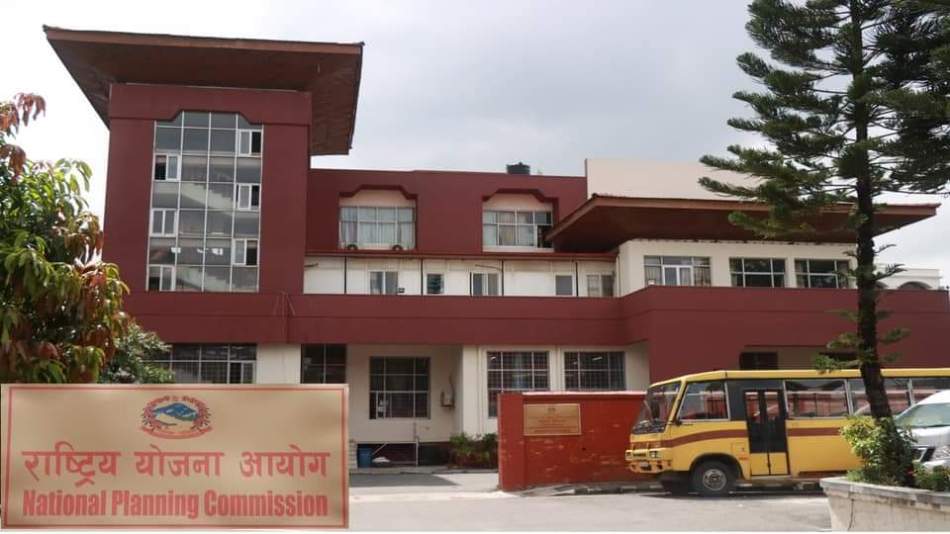

Just In
- One killed in tractor-hit
- Karnali Chief Minister Kandel to seek vote of confidence today
- Chain for Change organizes ‘Project Wings to Dreams’ orientation event for inclusive education
- Gold price decreases by Rs 200 per tola today
- National Development Council meeting underway
- Meeting of Industry, Commerce, Labor and Consumer Welfare Committee being held today
- Nepali announces cricket squad under captaincy of Rohit Paudel for series against West Indies 'A'
- Partly cloudy weather likely in hilly region, other parts of country to remain clear








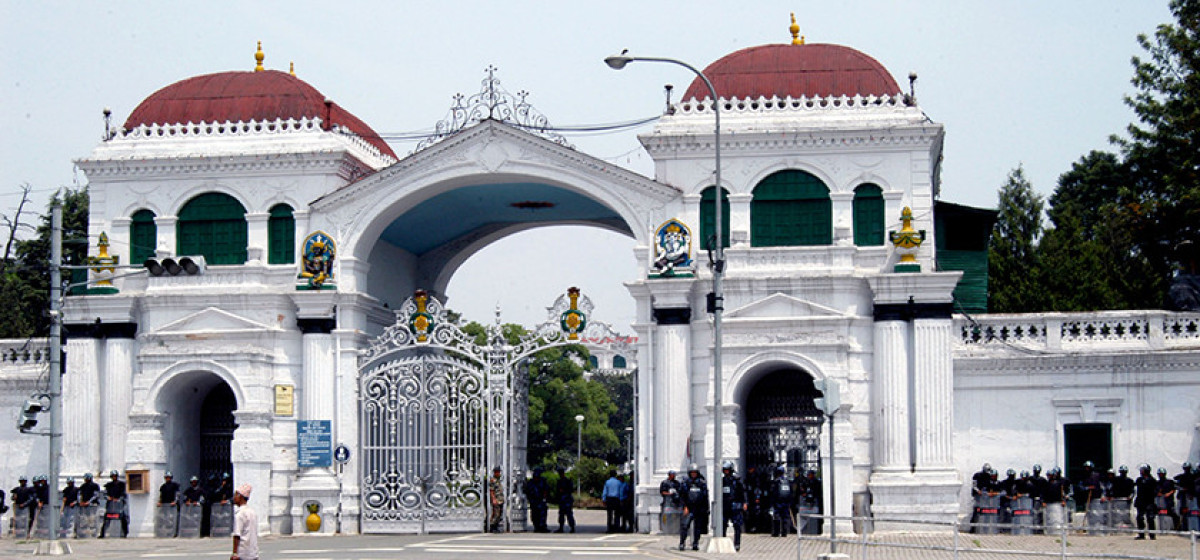
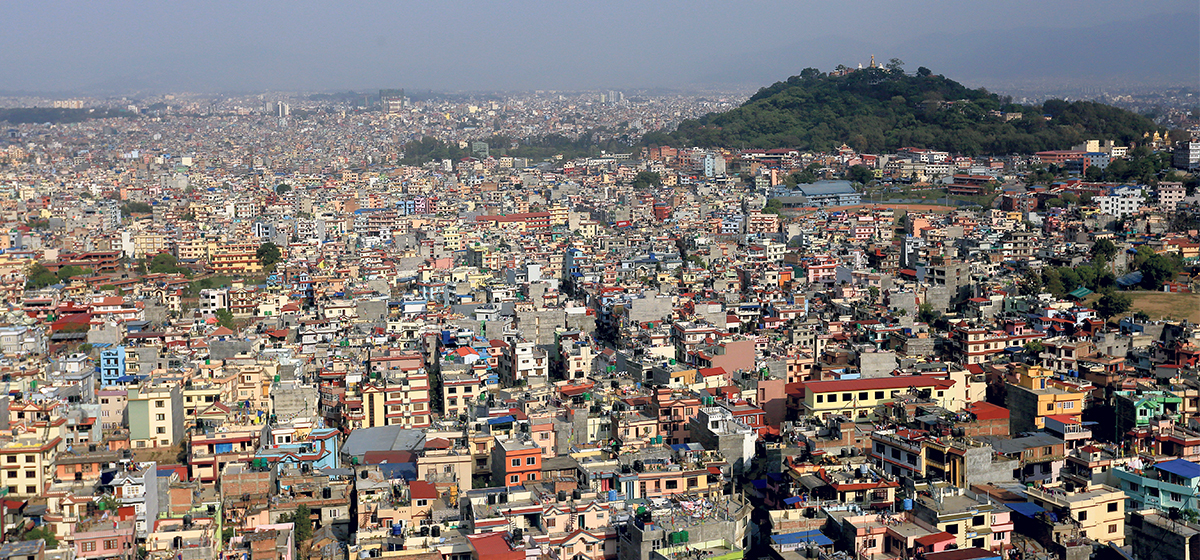
Leave A Comment